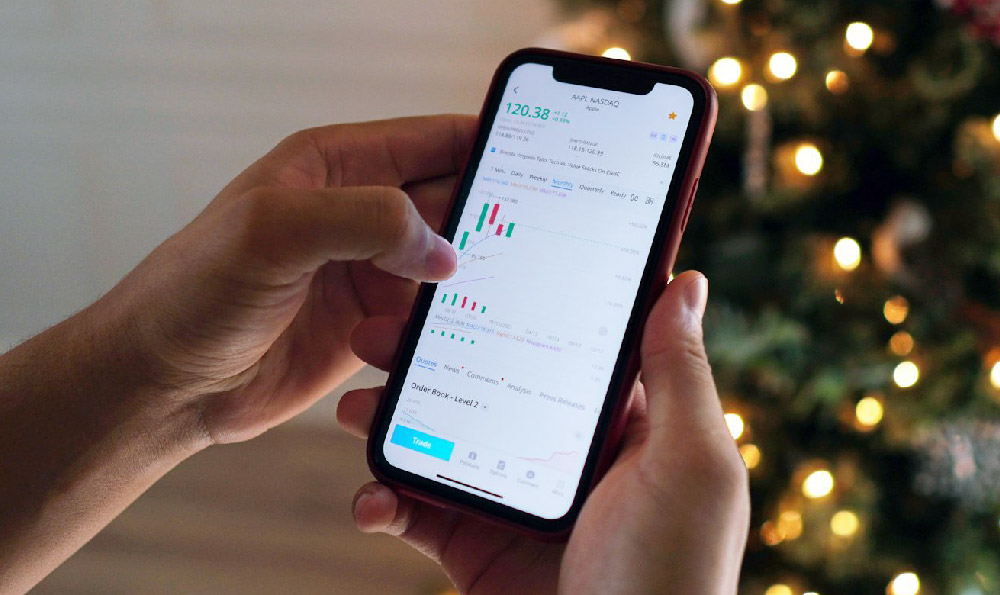Okay, I understand. Here's an article responding to the query "How to Make Money on Disability: Is It Possible & How?", written as an investment/finance expert and aiming for depth and comprehensiveness while avoiding point-by-point structures and the direct repetition of the title.
Navigating the intersection of disability benefits and income generation can feel like a complex maze. The truth is, receiving disability benefits doesn't automatically preclude you from earning additional income. However, it's a nuanced situation with rules and potential pitfalls that need careful consideration. Understanding these intricacies is crucial to ensuring financial stability and avoiding any disruption to your benefits.
The key principle to grasp is that disability benefits are typically designed to supplement lost income due to an inability to work at your previous capacity. They're not intended to replace all income, and many programs allow for some level of earnings. The specific rules surrounding earned income vary significantly depending on the type of disability benefit received – Social Security Disability Insurance (SSDI), Supplemental Security Income (SSI), or state-specific programs.

For individuals receiving SSDI, the Social Security Administration (SSA) offers several work incentives designed to encourage beneficiaries to explore their earning potential without immediately losing their benefits. One crucial aspect is the Trial Work Period (TWP). This allows you to work for up to nine months (not necessarily consecutive) within a rolling 60-month period and still receive full SSDI benefits, regardless of your earnings. This is an invaluable opportunity to test your ability to work and earn without jeopardizing your primary income source.
Following the TWP, the SSA initiates an Extended Period of Eligibility (EPE), which lasts for 36 months. During the EPE, you can still receive benefits for any month your earnings fall below a specific level, known as Substantial Gainful Activity (SGA). The SGA amount is adjusted annually, so it’s important to stay informed about the current threshold. If your earnings exceed the SGA level, your benefits will typically be suspended. However, and this is a critical point, your benefits can be reinstated quickly if your earnings drop below the SGA level again within the EPE. This offers a safety net and encourages beneficiaries to pursue work opportunities with less fear of permanent benefit loss.
SSI, on the other hand, has different income rules. SSI is a needs-based program, meaning your eligibility and benefit amount are determined by your income and resources. Unlike SSDI, SSI reduces your benefit dollar-for-dollar for most earned income. However, there's a crucial exclusion to keep in mind: the SSA doesn't count the first $65 of earned income and only counts half of the remaining earned income when calculating your SSI benefit. This means that earning a small amount of income can still be beneficial, even though it will reduce your SSI payment. For example, if you earn $265 in a month, the SSA will only count $100 towards your income calculation (after excluding the first $65 and dividing the remaining $200 by two). This, in turn, reduces your SSI benefit by $100.
Beyond understanding the specific rules of your disability benefits, exploring different income-generating strategies is essential. Many individuals with disabilities find success in remote work, which offers flexibility and can accommodate various physical and mental limitations. Opportunities abound in fields like customer service, data entry, writing, editing, graphic design, web development, and online tutoring. Platforms like Upwork, Fiverr, and Freelancer.com can provide access to a wide range of remote work opportunities.
Another avenue to consider is entrepreneurship. Starting your own business allows you to tailor your work environment and schedule to your specific needs. This could involve selling crafts online, offering consulting services, or providing specialized skills training. Numerous resources are available to support entrepreneurs with disabilities, including grants, loans, and mentorship programs. The Small Business Administration (SBA) is a valuable resource for accessing these programs.
Investing is another way to potentially grow your wealth while receiving disability benefits. However, careful planning is crucial, especially if you're receiving SSI, as this program has strict asset limits. It's generally advisable to consult with a financial advisor who specializes in working with individuals with disabilities to develop an investment strategy that aligns with your financial goals and complies with SSI asset rules. Consider options like ABLE (Achieving a Better Life Experience) accounts, which allow individuals with disabilities to save money without jeopardizing their eligibility for SSI and Medicaid. These accounts offer tax advantages and can be used to pay for qualified disability expenses, such as education, housing, transportation, and assistive technology.
Furthermore, passively generating income streams can be highly beneficial. Creating and selling online courses, writing and selling e-books, or developing and monetizing a blog or YouTube channel are all viable options. While these endeavors require initial effort, they can generate ongoing income with minimal active involvement.
Importantly, transparency is paramount. Always report any earned income to the relevant disability benefits agency (SSA, state agency, etc.) promptly and accurately. Failure to do so can lead to overpayments, penalties, and even the loss of benefits. Maintaining detailed records of your earnings and expenses is also essential for accurate reporting.
Finally, remember that maximizing your income while receiving disability benefits is a journey, not a destination. It requires careful planning, ongoing learning, and a willingness to adapt to changing circumstances. Don't hesitate to seek guidance from financial advisors, disability benefits specialists, and vocational rehabilitation counselors to navigate this complex landscape successfully. By understanding the rules, exploring your options, and taking proactive steps, you can create a more secure and fulfilling financial future. The key is to remain informed, resourceful, and persistent in pursuing your financial goals.












